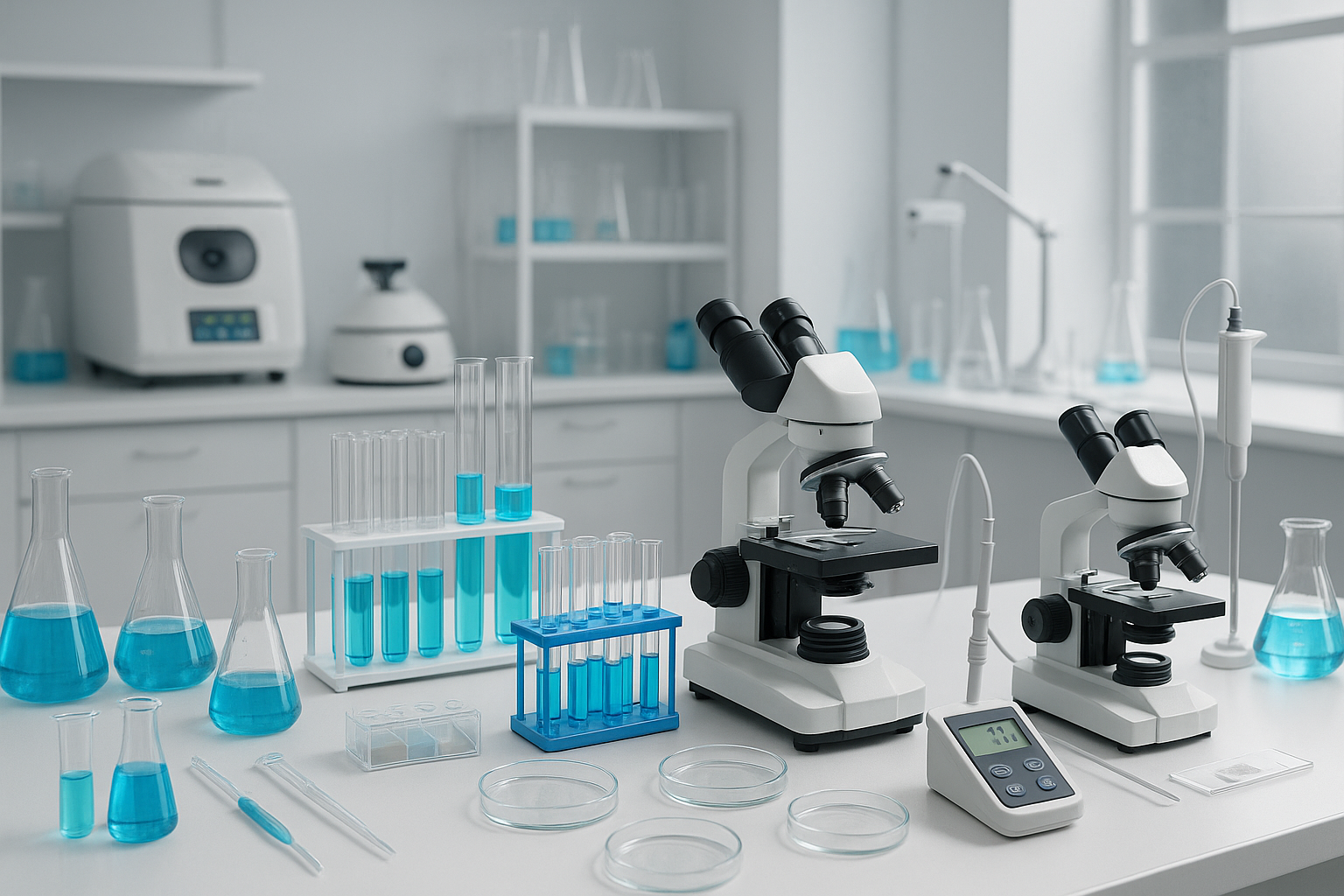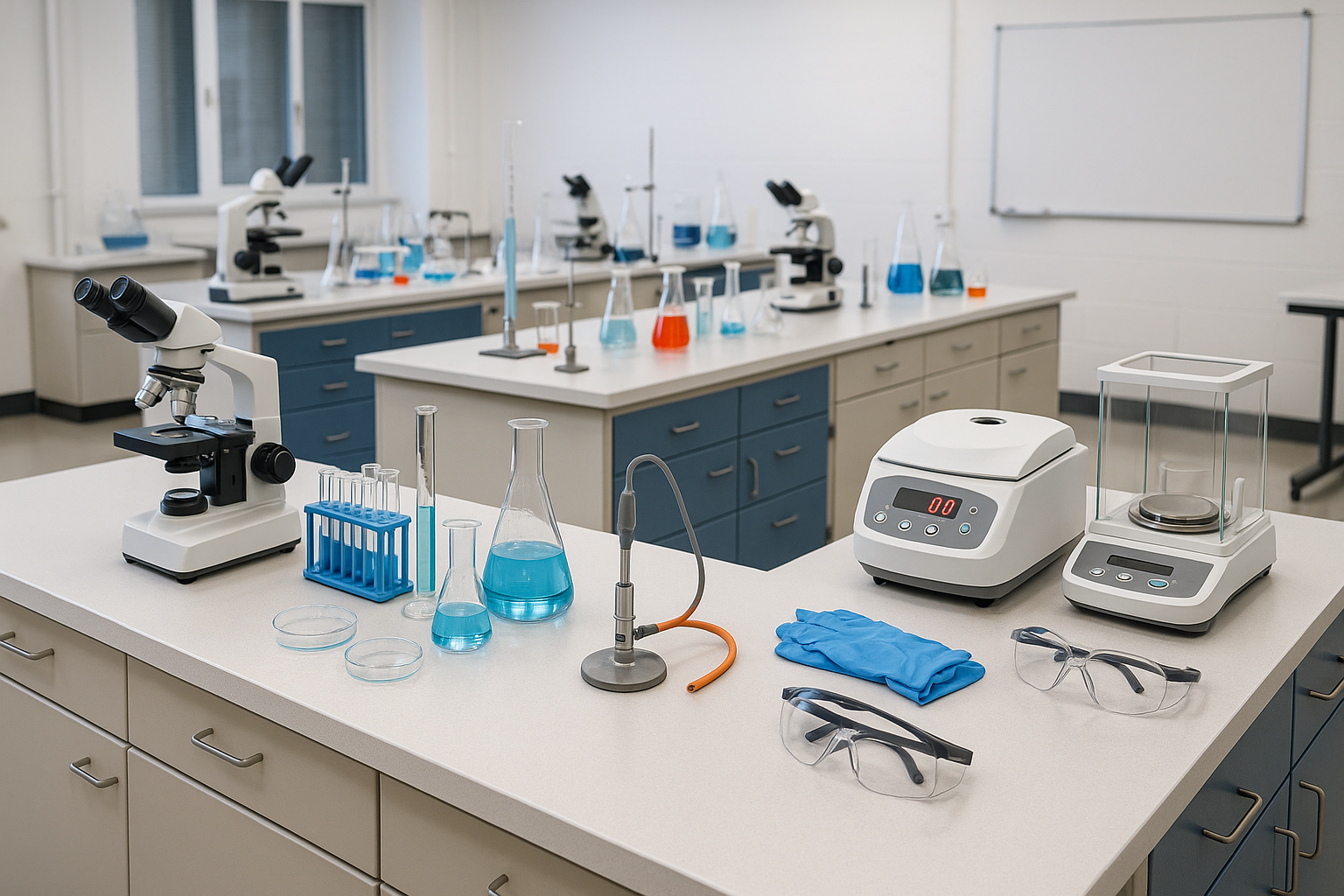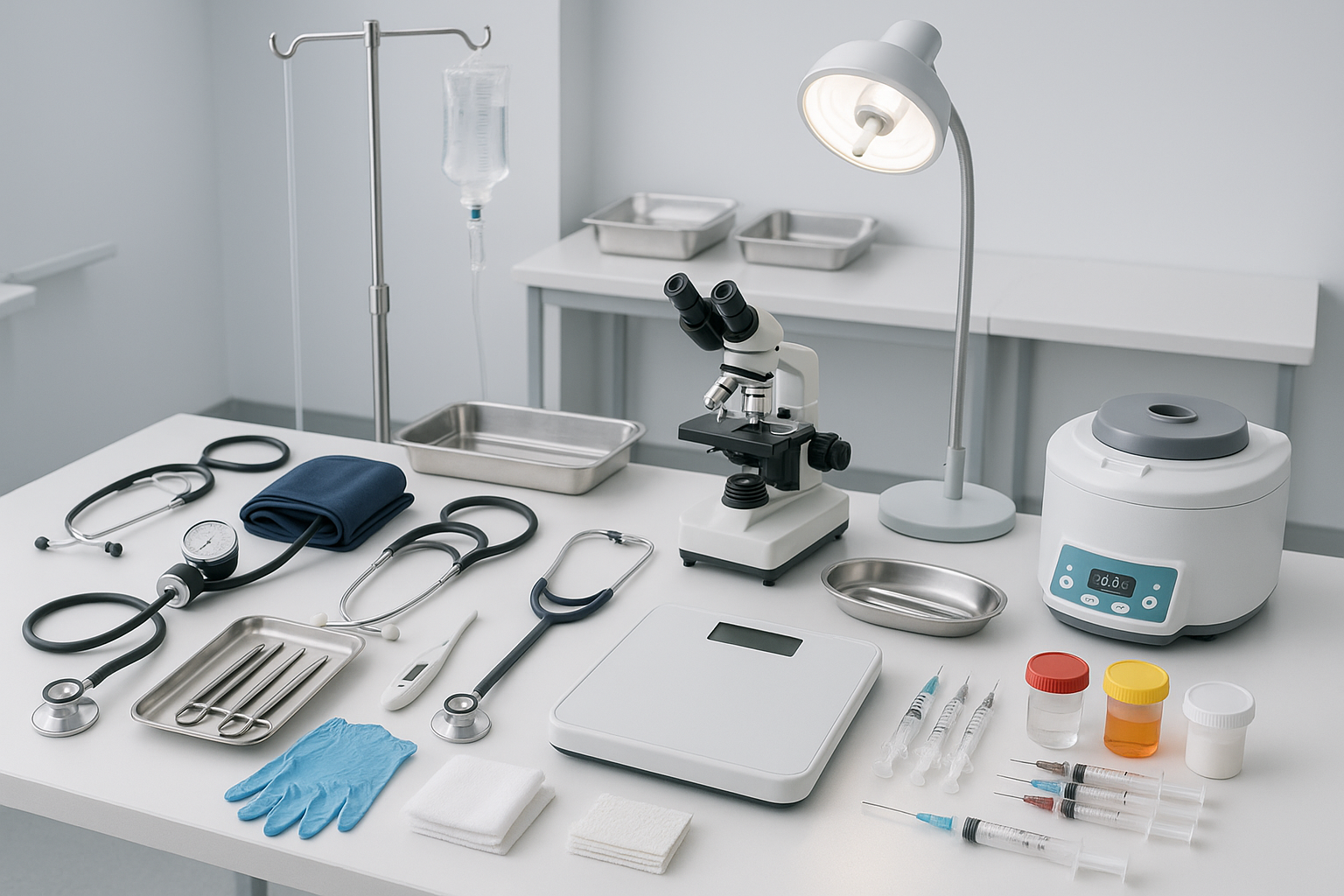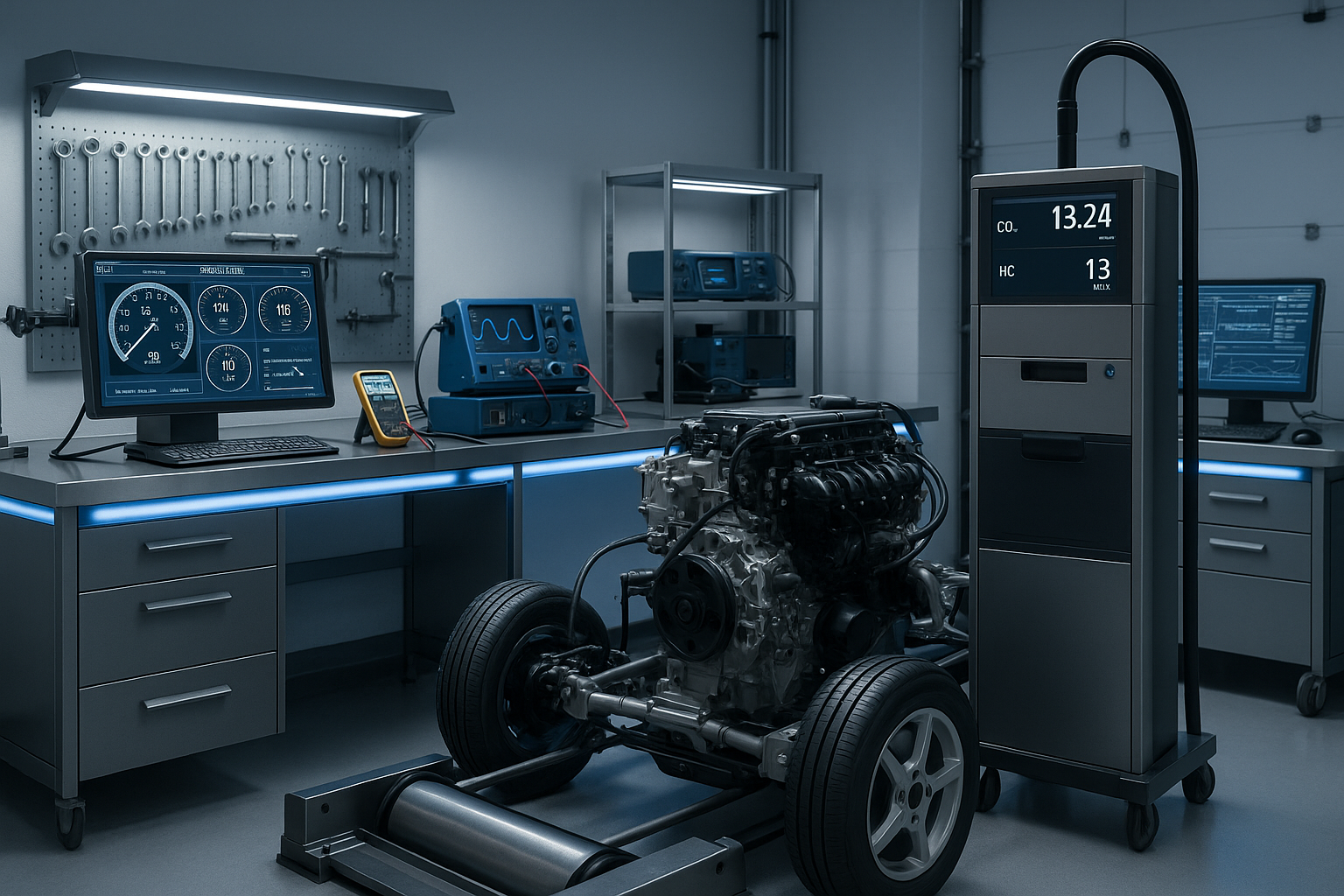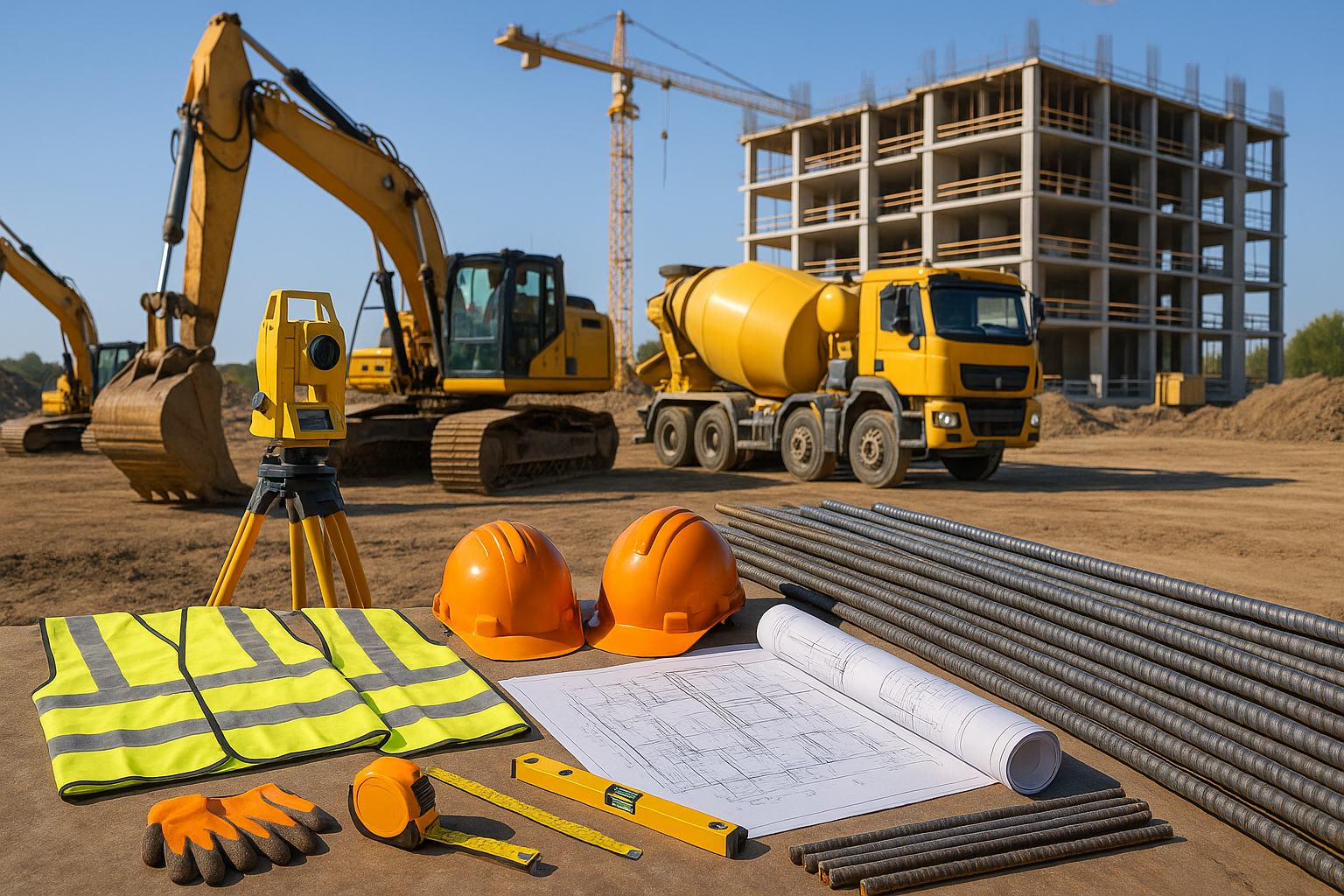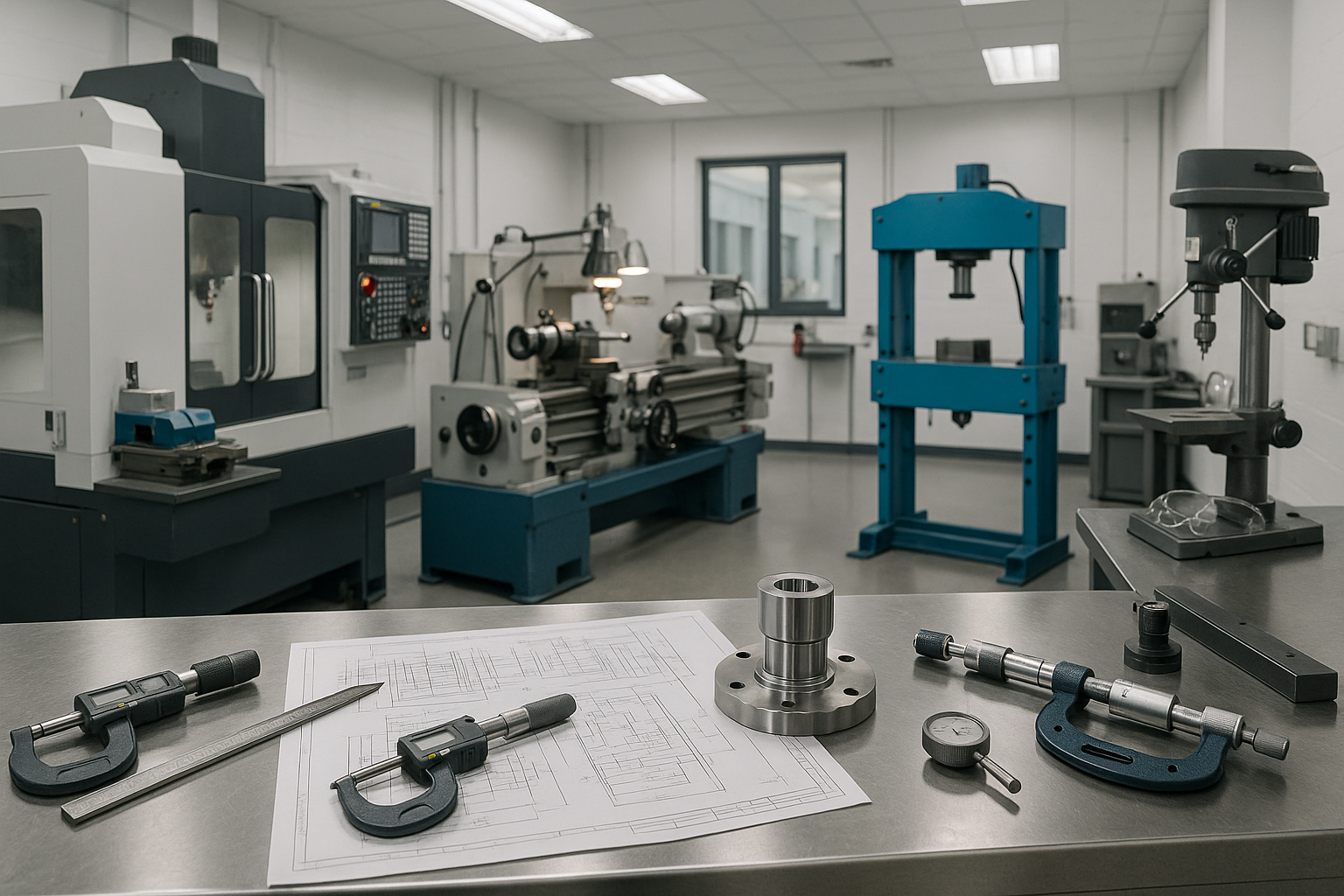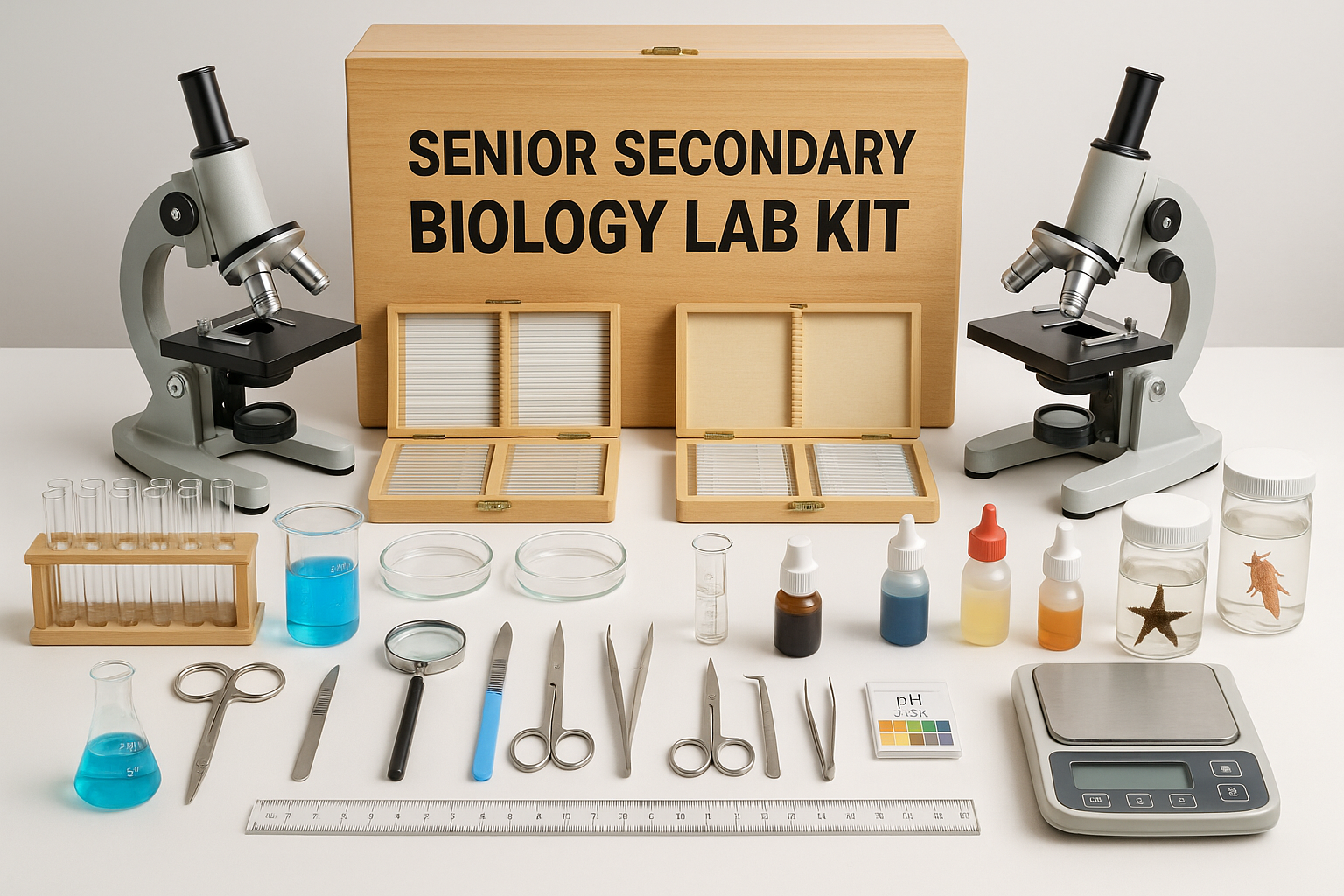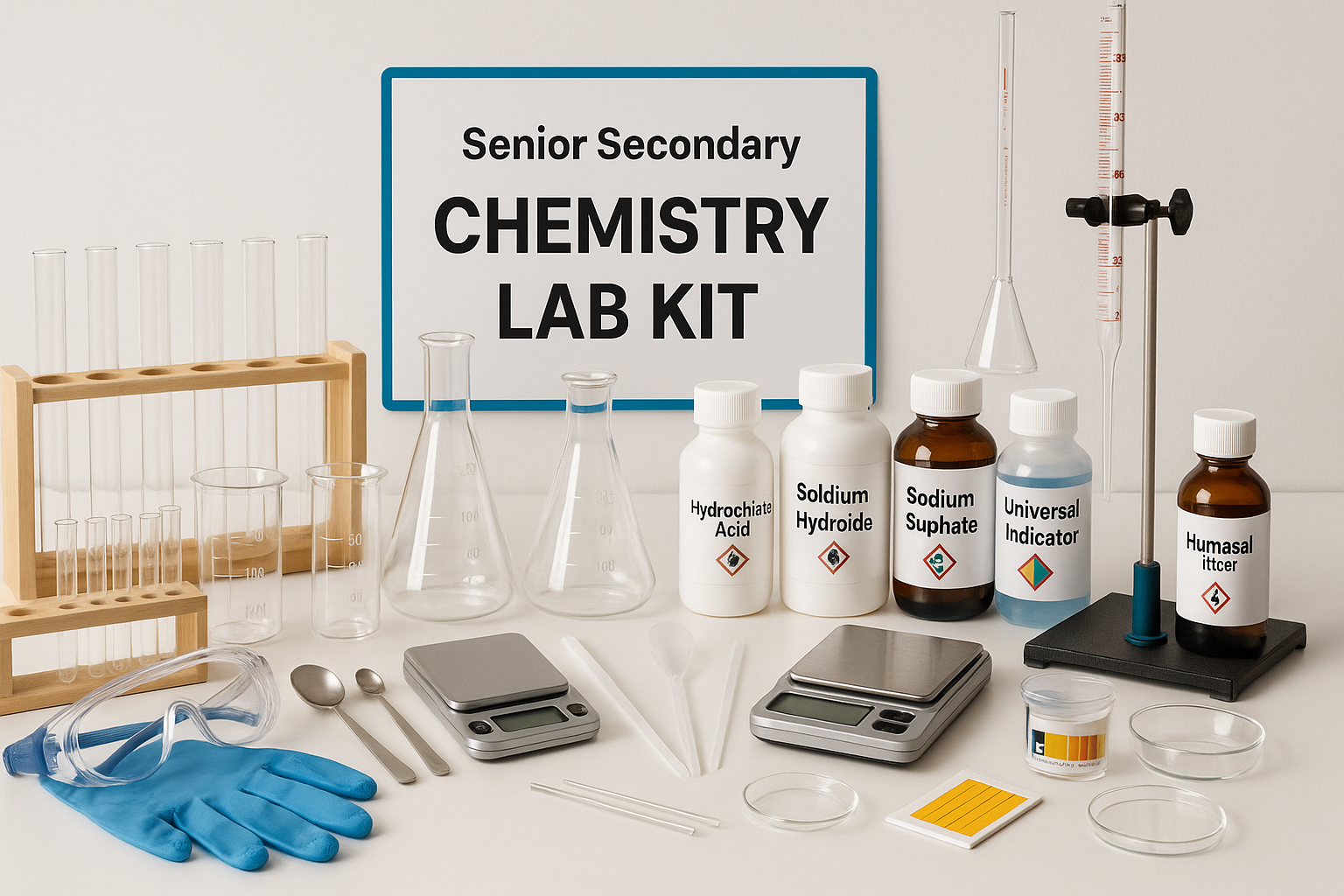Laboratory Research Tools: Essential Equipment for Effective Research
Laboratory research tools are indispensable for scientists and researchers seeking to advance knowledge across various fields. These tools ensure accuracy, efficiency, and reproducibility in experiments and investigations. The wide range of laboratory research tools available today includes everything from basic instruments to advanced analytic equipment. Understanding and utilizing the right laboratory research tools can profoundly impact the outcome of any scientific study.
We have a diverse and flawless array of Research Lab Equipment.We supply a huge range of equipment which are used for laboratory research. Some of the domains using these equipments comprise of:
-
Medical & Healthcare sectors
-
Educational Institutions
-
Universities
-
Clinical research centers
-
Biomedical
-
Environmental
-
Life sciences sectors
-
Pharmaceutical Industries, Hospitals
For any research, be it simple or complex, a research lab needs specialized equipment, for example specialized Laboratory Equipments are used for DNA separation, protein analyzing and activating cultures. Some other standard Laboratory Equipment includes: microscopes, stirrers, centrifuges etc. We expertise in both standard as well as specialized research lab equipment.
Laboratory research equipment refers to the various tools and instruments used in scientific experiments and research. These pieces of equipment can be used in a variety of scientific fields, including chemistry, biology, physics, and engineering.
Some examples of laboratory research equipment include:
-
Microscopes: These instruments use lenses to magnify small objects, allowing scientists to study cells, microorganisms, and other tiny structures.
-
Centrifuges: These machines use centrifugal force to separate substances based on their density. They are often used to separate blood components or to isolate proteins.
-
Spectrophotometers: These instruments measure the intensity of light at different wavelengths. They are commonly used to analyze the properties of compounds in a sample.
-
Incubators: These devices provide a controlled environment for growing and maintaining cells, microorganisms, or tissue cultures.
-
Autoclaves: These machines use high-pressure steam to sterilize laboratory equipment and materials.
-
Balances: These instruments measure the mass of an object or substance with high accuracy. They are commonly used in chemistry experiments.
-
Pipettes: These tools are used to measure and transfer small volumes of liquid with precision. They are often used in biological and chemical experiments.
-
Chromatography equipment: These instruments separate chemical compounds based on their properties, such as size or charge. They are often used in analytical chemistry.
-
Ovens and furnaces: These tools are used to heat materials to high temperatures. They are commonly used in materials science and metallurgy.
Overall, laboratory research equipment is essential for conducting experiments and advancing scientific knowledge in a wide range of fields.
LABORATORYDEAL India maintains a good quality assurance of all its products and provides lab equipment at affordable and eco-friendly rates. The company provides lab equipment throughout and outside the country and has a network of dealers and distributors in various states, including Andhra Pradesh, Arunachal Pradesh, Assam, Bihar, Chhattisgarh, Goa, Gujarat, Haryana, Himachal Pradesh, Jharkhand, Karnataka, Kerala, Madhya Pradesh, Maharashtra, Manipur, Meghalaya, Mizoram, Nagaland, Odisha, Punjab, Rajasthan, Sikkim, Tamil Nadu, Telangana, Tripura, Uttar Pradesh, Uttarakhand, and West Bengal
In any laboratory, it's crucial to have the necessary equipment to conduct experiments. Essential laboratory research tools commonly found in various settings include microscopes, centrifuges, pipettes, and spectrophotometers. Each of these tools serves a unique purpose, and their proper application can lead to significant discoveries in molecular biology, chemistry, physics, and beyond.
Microscopes, for example, allow for the observation of specimens at a cellular level, enabling researchers to study the smallest components of life and matter. The quality of the microscope often determines the clarity and detail of the findings. Choosing the right model—whether optical, electron, or fluorescence—depends on the specific research objectives.
Centrifuges are vital for the separation of liquids based on density. This method is pivotal in various applications, from isolating cellular components to purification processes in biochemical research. It's important to select a centrifuge that meets the requirements of the research tasks, including speed, capacity, and temperature control.
Pipettes represent another critical tool in any laboratory. Accurate volume measurement is essential in experiments, and pipettes allow researchers to dispense precise quantities of liquids. Variations in pipettes are available depending on the application, such as manual, electronic, and multichannel pipettes. Training in proper pipetting techniques is necessary to avoid errors that could compromise research results.
Spectrophotometers play a significant role in quantitative analysis by measuring the amount of light absorbed by a sample. This tool is crucial for tasks such as assessing the concentration of substances in a solution. To achieve consistent and reproducible results, it's essential to calibrate the spectrophotometer regularly and adhere to standard operating procedures.
In addition to these core tools, there are many supplementary items that can enhance laboratory research efficiency. Incubators, shakers, and incubator shakers are essential for controlling environmental conditions for biological samples. Fume hoods and biosafety cabinets also provide a safe working environment, protecting researchers from hazardous substances and ensuring that experiments are conducted under controlled conditions.
Laboratory research tools are often categorized into different types based on their function. Analytical instruments, such as chromatographs and mass spectrometers, are crucial for detailed analysis of substances, while measuring instruments like balances and thermometers are necessary for obtaining accurate data regarding the properties of materials.
The role of technology in laboratory instruments cannot be overstated. Many modern laboratory research tools are now equipped with digital interfaces, automation features, and connectivity to data management systems. These advancements enhance the accuracy of results, reduce human error, and streamline the workflow of research projects.
Moreover, researchers should consider the maintenance and calibration of laboratory research tools. Regular checks and servicing can help prolong the lifespan of equipment and ensure optimal performance, thus leading to reliable data acquisition. Many laboratories implement routine preventative maintenance schedules for their equipment as part of quality control processes.
In conclusion, laboratory research tools are the backbone of effective scientific research. Their selection, use, and maintenance are paramount to successful experiments and breakthroughs in science. As the landscape of research evolves, staying updated on the latest laboratory tools and technologies will empower researchers to push the boundaries of knowledge and innovation.
By familiarizing oneself with the variety and capabilities of laboratory research tools, researchers can better prepare themselves for the challenges of modern science, ensuring that they can contribute effectively to their fields and the global body of knowledge.


